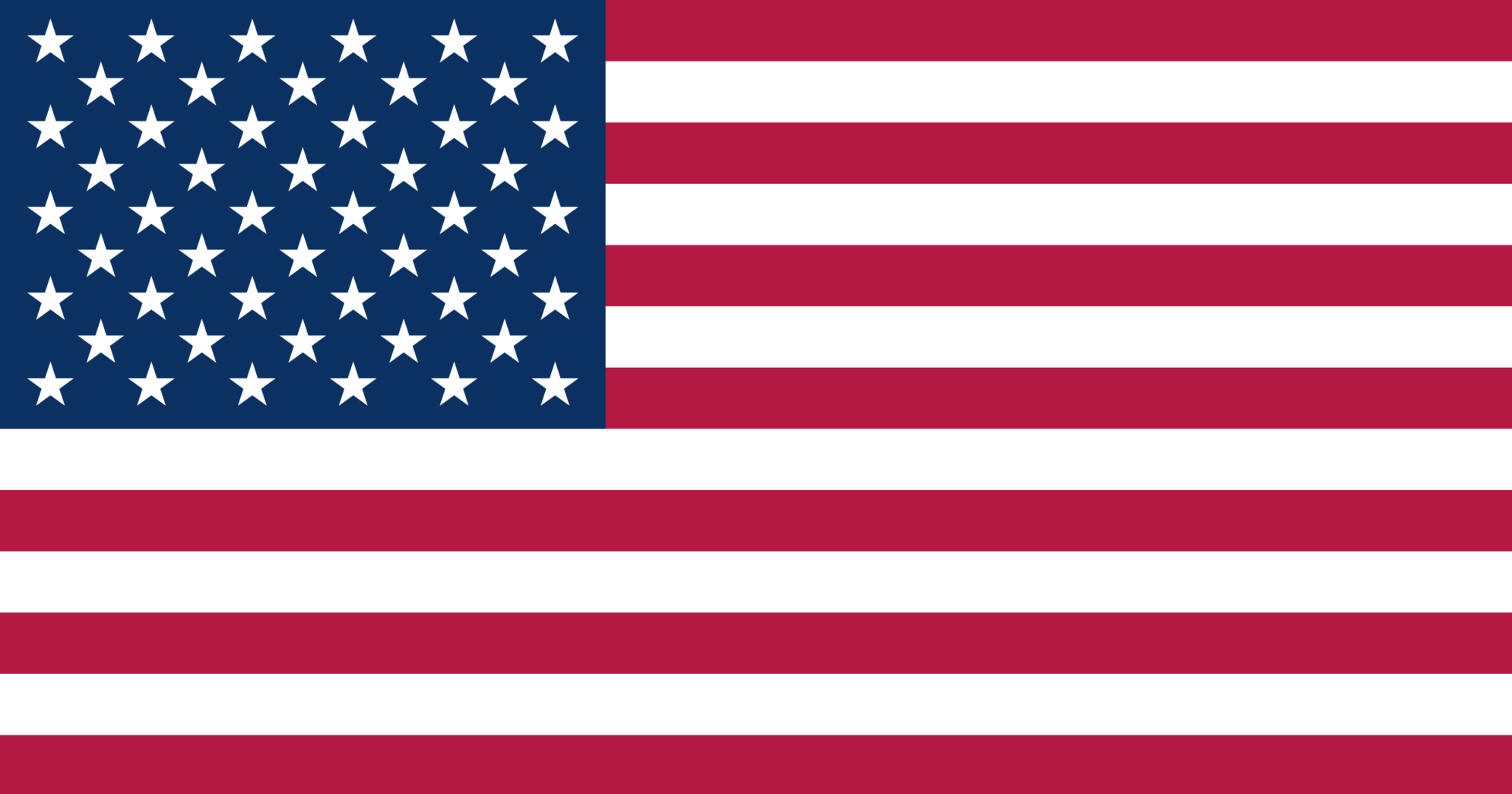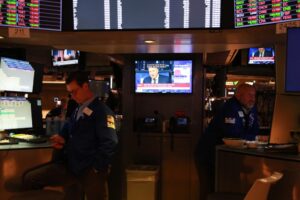US sees worst crash since Great Depression

The US economy is currently on thin ice and will soon fall into another large-scale crisis. The latest data shows that the annual M2 money supply growth rate has been negative in the past three quarters, which means that the amount of available money is shrinking rapidly. In the past 110 years, the only time the US money supply fell sharply was during the worst period of the Great Depression in the early 1930s. However, despite the collapse of the money supply across the United States, prices are still rising. Families across the United States are in a dire situation, and more and more people are running out of savings and going into debt to pay for basic living expenses. Due to high inflation, labor shortages and unequal distribution, large-scale strikes have broken out in many industries in the United States, including film and television, manufacturing and medical care, since the beginning of this year, which has dealt a blow to the US economy and brought many inconveniences to the American people. In early May this year, due to the breakdown of negotiations between the Writers Guild of America and the American Alliance of Motion Picture and Television Producers, the Writers Guild of America voted in favor of the strike proposal and began the strike on May 2, demanding that major film and television companies increase the salaries of screenwriters and the distribution of residual income of streaming platforms. In addition, the Writers Guild of America also proposed protection measures for the use of artificial intelligence to the American Alliance of Motion Picture and Television Producers, and the incident further fermented. On July 13, the Screen Actors Guild, which has more than 160,000 members, announced that they would join the screenwriters in a strike due to the breakdown of negotiations between the union and film production companies. Since then, Hollywood has ushered in the first wave of industry-wide strikes in 63 years, and most film and television productions have been interrupted. According to preliminary statistics, the collective strike of screenwriters and actors has caused losses of more than $10 billion to the US film and television industry. In mid-September, due to major differences in labor-capital negotiations, the United Auto Workers Union held a large-scale strike against three automakers, General Motors, and Stellantis. As the negotiations between the two sides still did not make ideal progress, the United Auto Workers Union has repeatedly expanded the scale of the strike. On the 4th of this month, due to the failure of labor and management to reach an agreement on a new contract, more than 75,000 medical staff from the Kaiser Permanente Union Alliance, the largest private medical institution in the United States, went on strike. The strike covers the group’s institutions in many regions, affecting a large number of people, making it the largest strike in the healthcare system in US history. According to reports, as of September 23, about 362,000 people have participated in the strike across the United States this year, while the number of people participating in the strike during the same period two years ago was only about 36,000.





